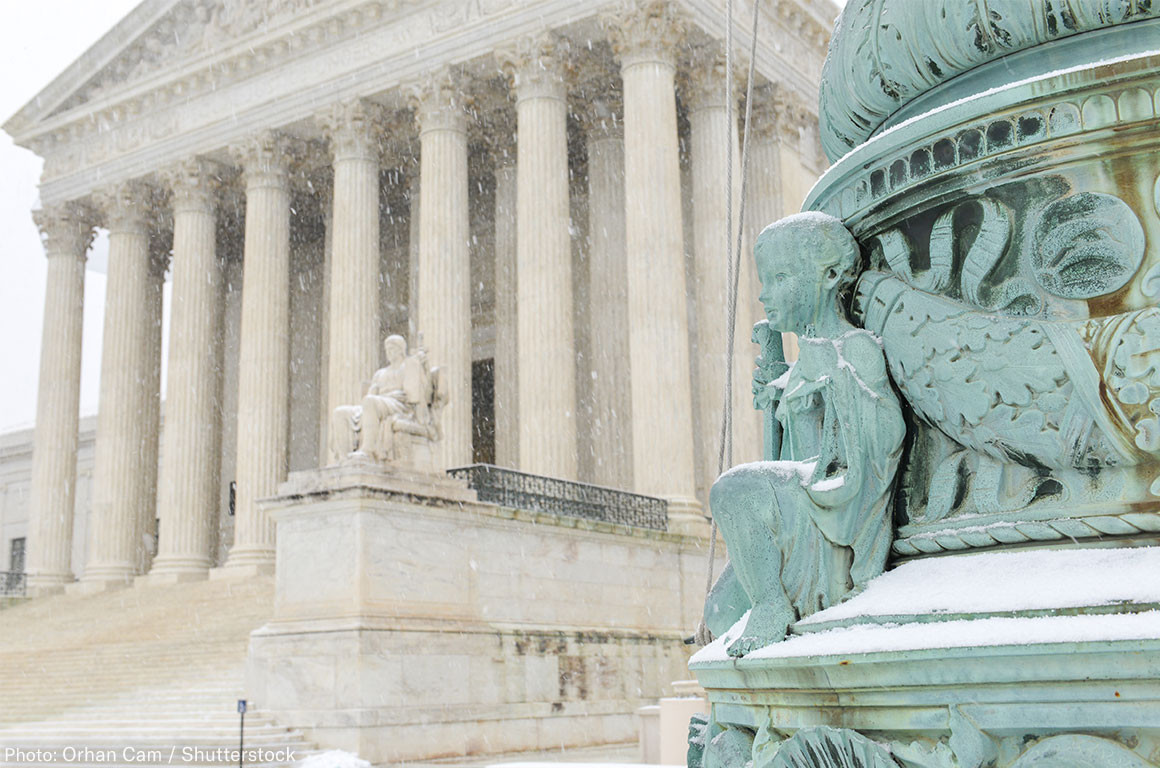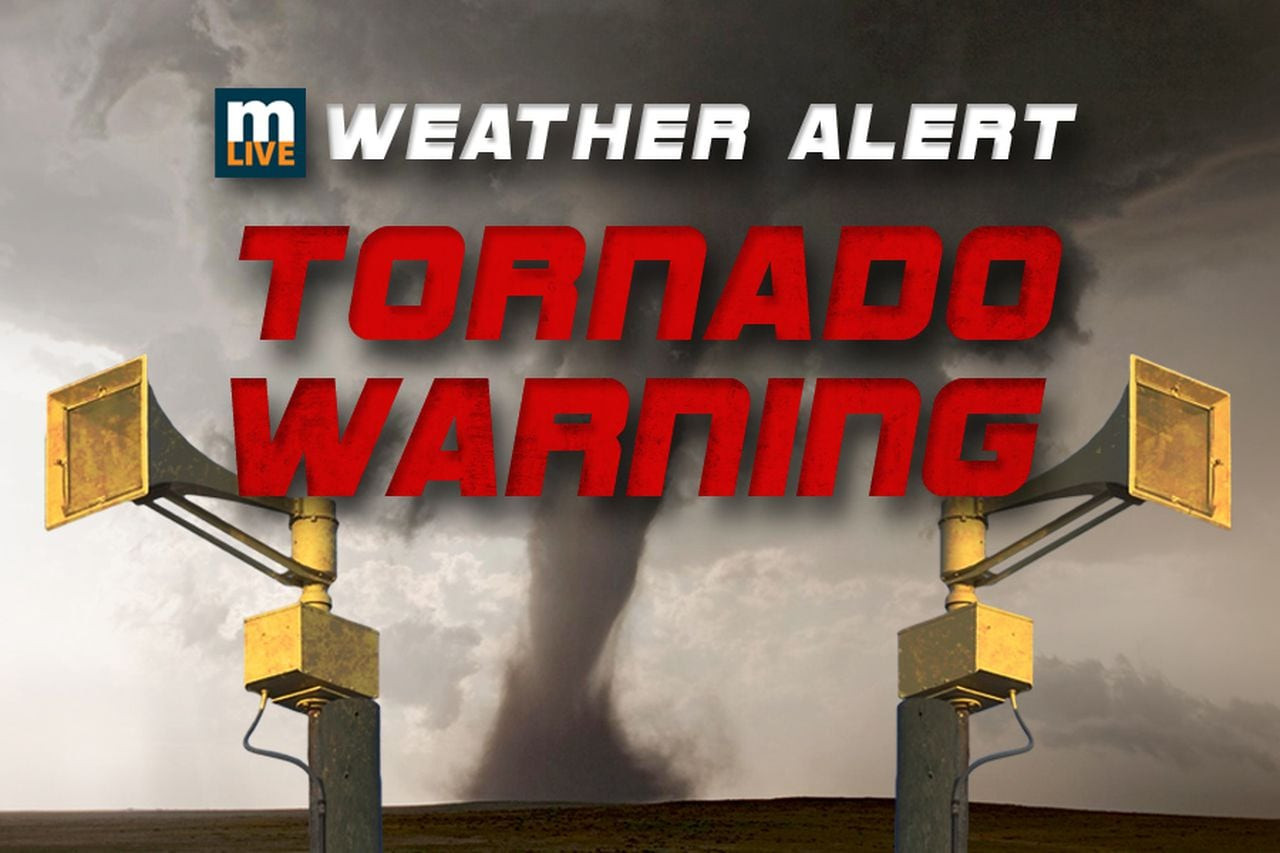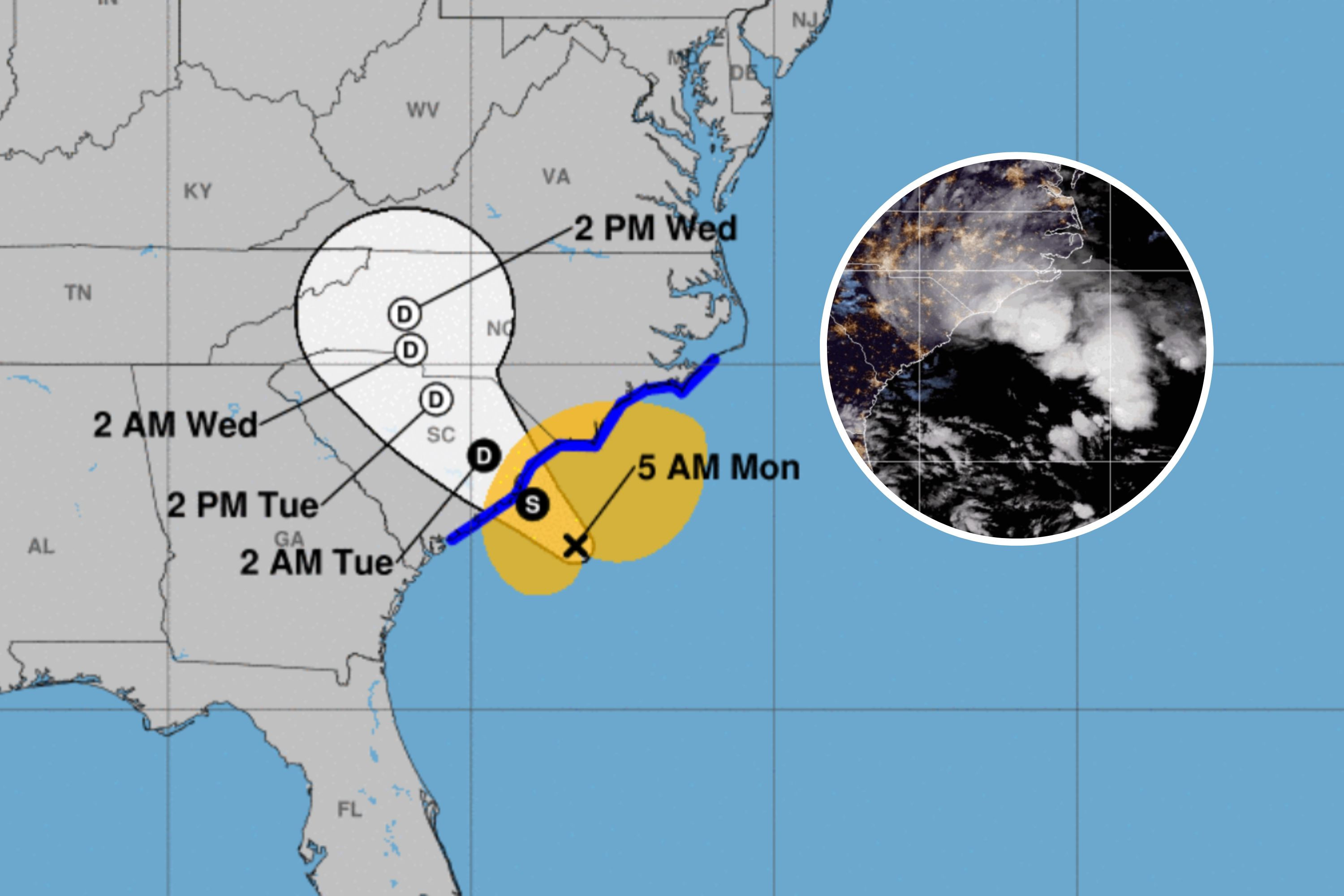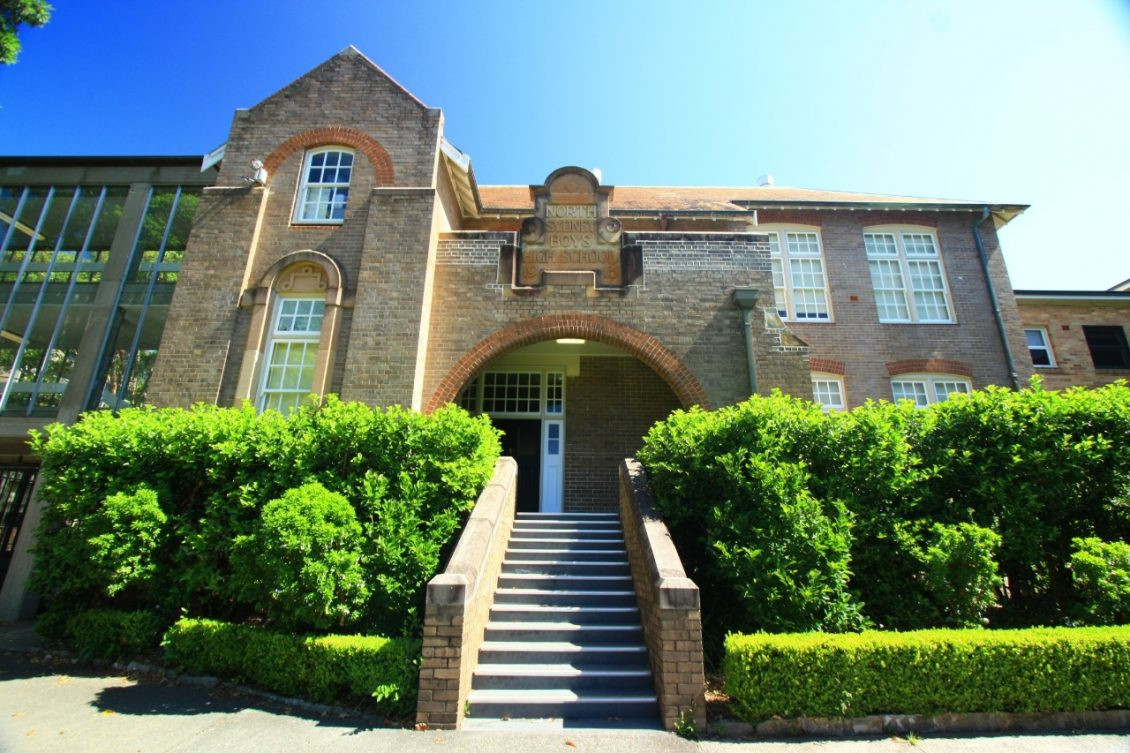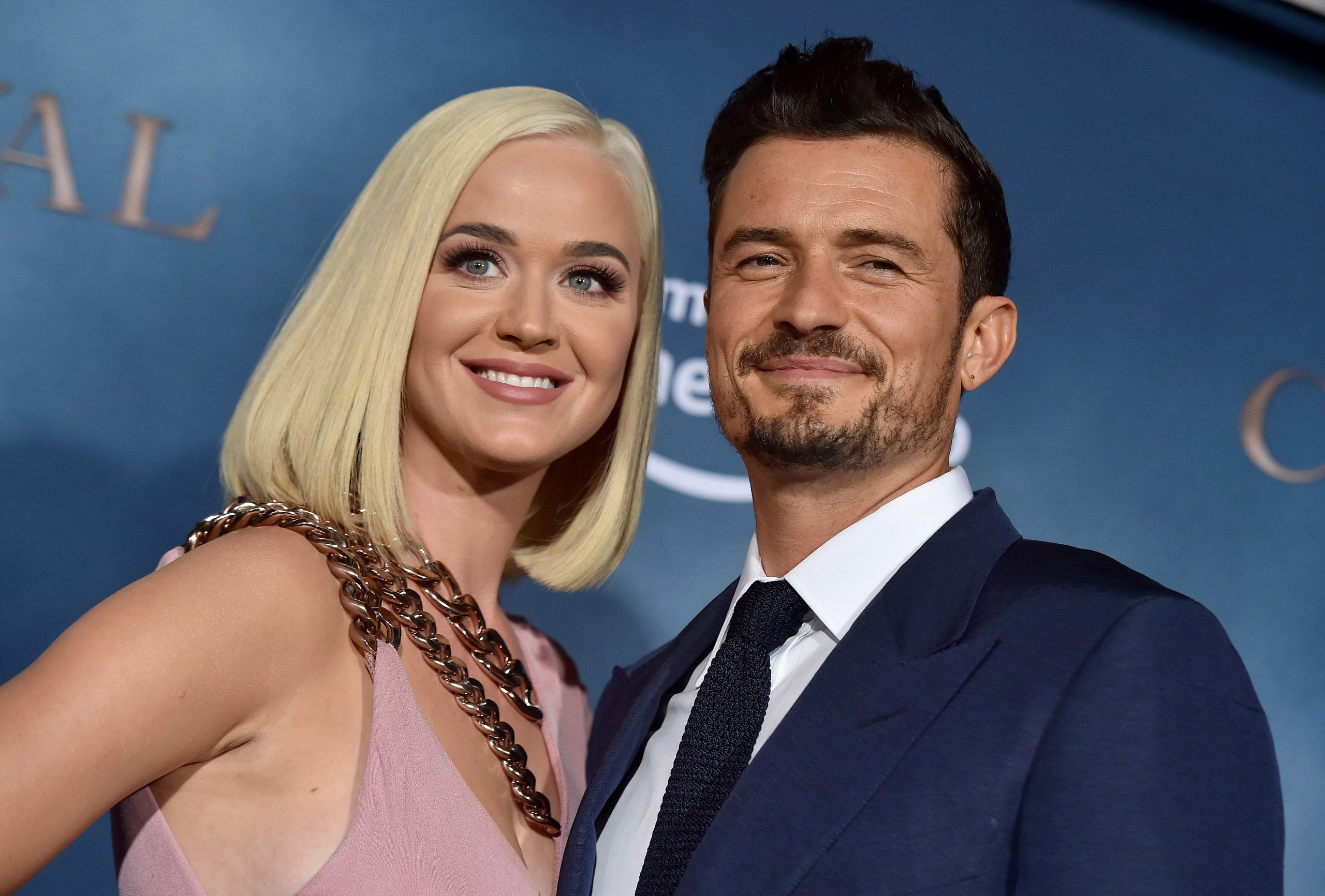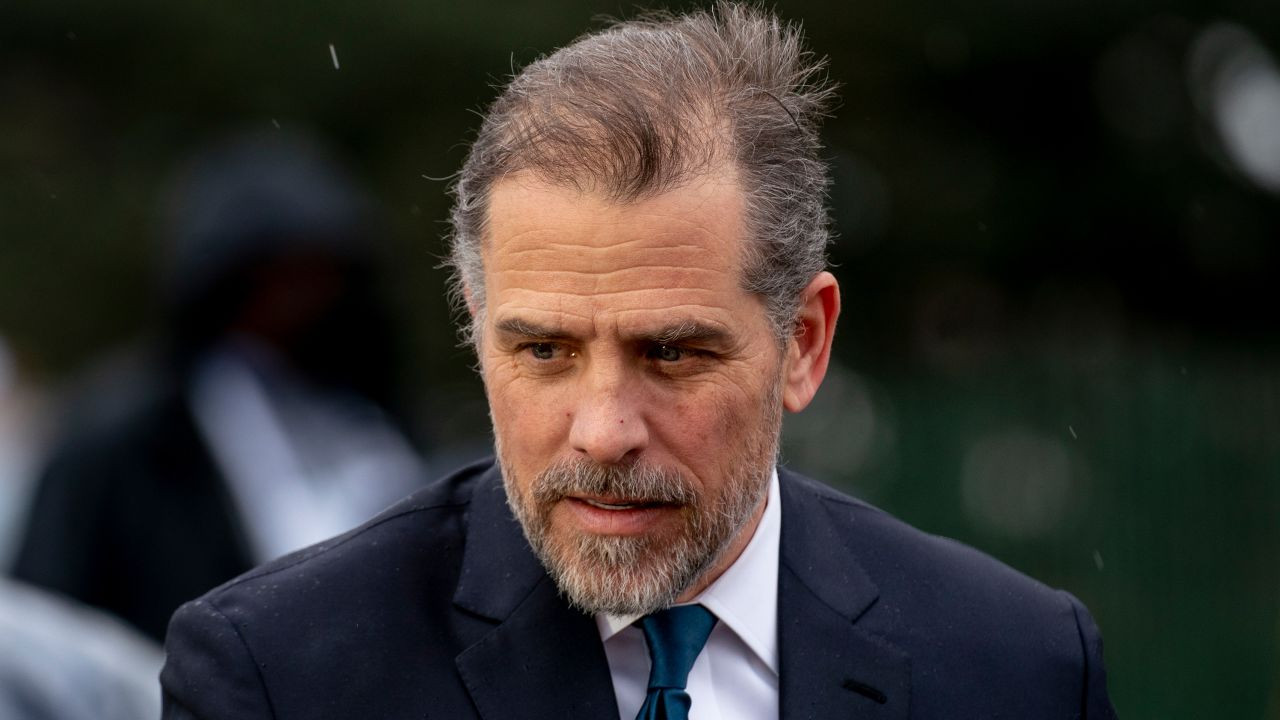A divided Supreme Court on Wednesday allowed Virginia to implement a program that state officials say is aimed at removing suspected noncitizens from its voter registration rolls, siding with Republicans in one of its first significant decisions tied to next week’s election.
Liberal Justices Sonia Sotomayor, Elena Kagan and Ketanji Brown Jackson dissented.
Republicans, including former President Donald Trump, framed the effort in Virginia as a commonsense way of ensuring noncitizens don’t vote. But the Biden administration, voting rights groups and lower courts said Virginia’s program also ensnared – and potentially disenfranchised – an unknown number of citizens.
Even though Virginia isn’t a battleground state, both the program and the legal fight took on sharply political overtones as Trump and other Republicans have fueled false narratives about widespread voting by noncitizens. At issue are about 1,600 voter registrations that Virginia said came from self-identified noncitizens but that a US District Court said hadn’t been fully vetted for citizenship status.
Noncitizens are not allowed to vote in federal elections; none of the lower court rulings had changed that fact.
Trump and other Republicans have seized on claims of illegal voting and that was part of the argument they made to explain the former president’s loss in 2020. But documented cases of noncitizens voting are extremely rare. A recent Georgia audit of the 8.2 million people on its rolls found just 20 registered noncitizens – only nine of whom had voted.
The Virginia case began with an order signed by Virginia Gov. Glenn Youngkin, a Republican, in August that required election officials to take more aggressive steps to match residents who self-identified as noncitizens at the Department of Motor Vehicles against voter rolls and to purge those matches.
Youngkin on Wednesday called the Supreme Court’s order a “victory for common sense and election fairness.”
The state’s voters, he said, “can cast their ballots on Election Day knowing that Virginia’s elections are fair, secure, and free from politically-motivated interference.”
The Biden administration and voting rights groups sued and a US District Court concluded last week that at least some eligible US citizens had their registrations culled under the program. District Judge Patricia Tolliver Giles said that none of the parties involved in the case knew for certain the citizenship status of the purged voters because the information wasn’t verified.
Those opposed to the program relied on a 1993 law, the National Voter Registration Act, which bars states from making “systematic” changes to voting rolls with 90 days of a federal election. The Biden administration said that Youngkin’s order created exactly that kind of systematic program within the so-called “quiet period” mandated by the federal law.
Virginia argued that the quiet period prohibitions applied only to eligible voters, not noncitizens.
None of the lower court orders blocked the state from making individual eligibility assessments, or from ultimately knocking noncitizen voters off the rolls, nor gave noncitizens the right to vote in federal elections. The federal law only bars “systematic” changes.
A three-judge panel of the 4th US Circuit Court of Appeals – all appointed by Democratic presidents – affirmed most of Giles’ ruling, keeping the program paused and required the state to return the 1,600 registrants to the rolls.
In their emergency appeal to the Supreme Court, Virginia election officials relied in part on a still-developing legal theory that warns federal courts against making last-minute changes to the status quo of voting rules before an election. The so-called “Purcell principle” is intended to stop federal courts from getting dragged into last-minute election controversies.
Virginia argued that the federal district court violated that principle by pausing the program. Voting rights groups countered that there was a federal law in play in this instance that specifically allowed plaintiffs to challenge last-minute voting changes.
Lawyers for Virginia also pointed to its option for same-day registration. Those whose registrations were wrongly cancelled could re-register at an in-person polling place by affirming their citizenship.
Virginia’s opponents countered that that option would not solve the issue for purged voters who planned to vote absentee, unaware their registrations had been cancelled and that it risked confusion at polling places – particularly if poll workers weren’t adequately prepared to deal with the scenario.
Because the Supreme Court offered no explanation for its decision, it’s not clear which of Virginia’s arguments were persuasive.
What’s at Stake in the Virginia Voter Purge Case?
The case is part of a larger effort by Republicans to tighten voting rules in the wake of the 2020 election. The effort, while framed as a way to ensure the integrity of elections, has been criticized by Democrats as an attempt to suppress voter turnout, particularly among minority voters.
The Virginia case is a test of the “Purcell principle”, a legal doctrine that says federal courts should avoid making changes to election rules in the weeks leading up to an election. The Supreme Court’s decision could have a significant impact on future election litigation.
The court's decision, which is likely to have a ripple effect in other states considering similar voter roll maintenance programs, comes at a time when voter confidence in the electoral process is already low. The decision could further erode public trust in elections, particularly among those who already believe that the system is rigged against them.
The Fight for Voting Rights Continues
The Supreme Court’s decision is a setback for voting rights advocates, but the fight for voting rights is far from over. Voting rights groups have already vowed to continue to fight for fair and accessible elections, and they will likely use the Virginia case as a springboard to challenge similar programs in other states.
The Virginia case is a reminder that the fight for voting rights is a constant battle, and that vigilance is key to protecting the right to vote. In the words of the late Justice Ruth Bader Ginsburg, “Fight for the things that you care about, but do it in a way that will lead others to join you.”
This story has been updated with additional details.
CNN’s Tierney Sneed contributed to this report.
© 2024 Cable News Network. A Warner Bros. Discovery Company. All Rights Reserved. CNN Sans ™ & © 2016 Cable News Network.




